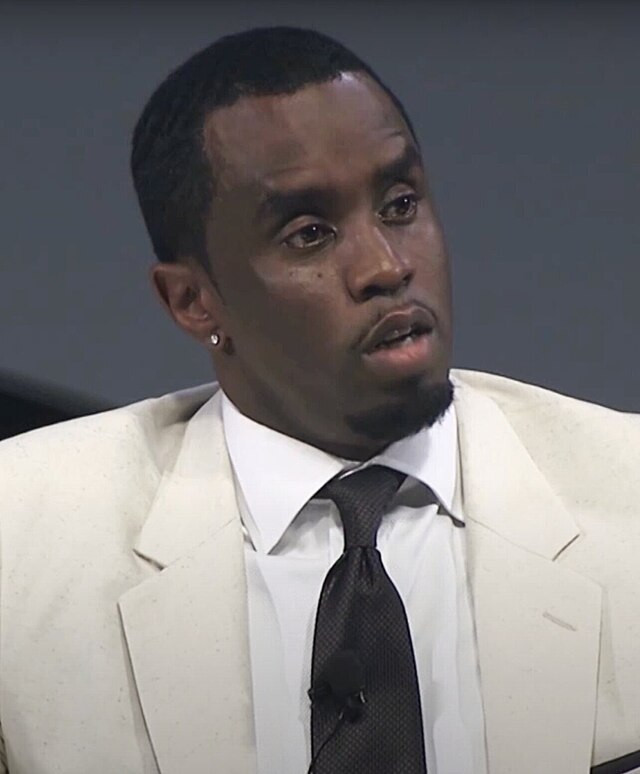Sean "Diddy" Combs continues his legal battle as a federal judge deliberates whether the music mogul should be released on bail ahead of his May 2025 trial on sex trafficking and racketeering charges. During a hearing on Friday, U.S. District Judge Arun Subramanian requested further submissions from both sides before making a decision, with Combs' legal team drawing parallels to Donald Trump's recent legal case to bolster their arguments.
In a filing submitted Monday, Combs' attorneys argued that their client's communications, including social media posts and public statements, fall under protections afforded by the First Amendment. They cited a ruling from the D.C. Circuit Court in the United States v. Trump case, which stated that restrictions on speech are only permissible when there is a "significant and imminent threat to the administration of criminal justice."
Prosecutors, however, accused Combs of using his communications to interfere with the case. A specific point of contention was a social media post celebrating Combs' birthday, which prosecutors allege was orchestrated from jail to influence potential jurors. "The defendant's intent could not be clearer," prosecutors wrote, claiming the post was designed to sway the jury pool.
Combs' lawyers countered, saying their client is entitled to publicly defend himself against the "false and outrageous claims" that have circulated for months. "He has a right to a fair trial and a constitutional right to speak out on his own behalf," the defense wrote, adding that such communications were protected under the First Amendment.
The defense team has again proposed a $50 million bail package, which would include securing Combs' Miami mansion and strict conditions for his release. Combs' attorney, Marc Agnifilo, detailed the security measures in court, saying the plan would involve Combs living in a secured Upper East Side apartment with no internet or phone access except for monitored calls with his legal team.
Prosecutors remain adamant that Combs should stay in custody, citing his history of using unauthorized communication methods while incarcerated, including messaging apps and other inmates' phone accounts. Lead prosecutor Christy Slavik argued in court last week that Combs' actions were intended to subvert the legal process, alleging that he told associates, "I just need one [juror]" during his jailhouse communications.
The case against Combs includes allegations of racketeering, sex trafficking, and transportation to engage in prostitution. The charges stem from an investigation that has also prompted nearly 30 lawsuits against the music mogul, with attorney Tony Buzbee representing over 100 alleged victims.
In a separate controversy, Combs' lawyers recently accused federal investigators of seizing protected legal documents during a search of his jail cell. Judge Subramanian sided with the defense in a motion to destroy copies of the confiscated notes but kept the originals in the court's custody pending further review.






